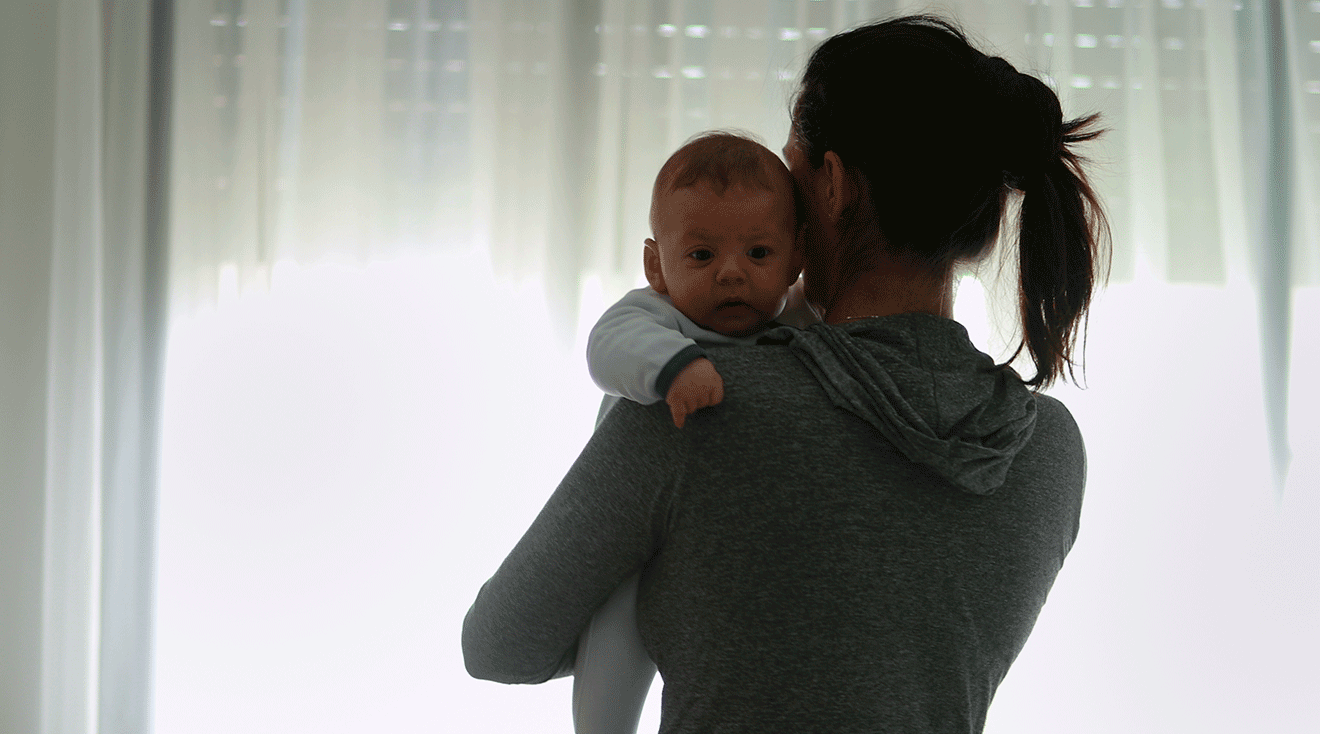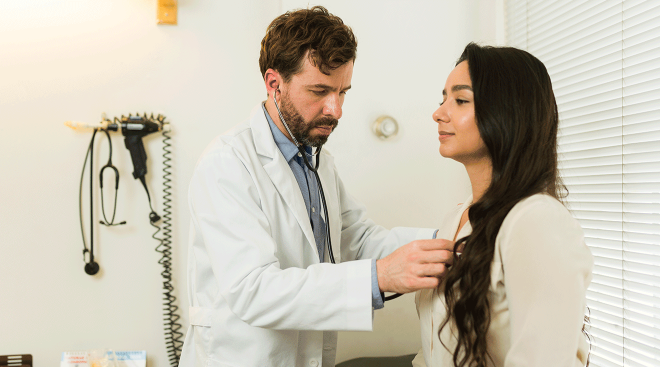First Pill to Treat Postpartum Depression Set to Cost $15,900
In the fight against postpartum depression, a few days can make all the difference. That’s why a new pill for the treatment of postpartum depression—which takes effect in as little as three days versus the standard three weeks— is such a breakthrough. But a shockingly high price tag may mean that this cutting-edge treatment isn’t available to everyone.
Marketed under the name Zurzuvae, the drug was approved by the US Food and Drug Administration (FDA) in August and is the first medicine cleared for postpartum depression that’s taken as a pill and can be used outside a hospital setting. Expected to become available in December, the drug is estimated to cost a shocking $15,900 before insurance.
While the owner of the company Sage Therapeutics says it is the company’s goal to work with insurance companies to enable broad and equitable access for women with PPD, including Black and brown women disproportionately impacted by postpartum depression, others have their doubts.
In an interview with CNN, Lindsay Allen, MD, an assistant professor of emergency medicine and a health economist and health services researcher at the Northwestern University Feinberg School of Medicine, raised her concerns about the price point, including “substantial accessibility concerns, especially when we still don’t know how it’ll be covered by insurance.”
“Ensuring access to such treatments is imperative, as they may be lifesaving for new mothers during a vulnerable time,” Allen said. “Suicide is a leading cause of death in the first year postpartum.” The price of Zurzuvae also seems especially high in comparison with traditional selective serotonin reuptake inhibitors (SSRIs) used to treat postpartum depression, including Prozac and Zoloft, which typically cost less than $20 a month.
Zurzuvae, a once-daily neuroactive steroid pill is taken for just two weeks and recently completed its third trial study, displaying continued promise.
According to findings from the double-blind study published in the American Journal of Psychiatry, approximately 200 women taking a 50-milligram dose for two weeks experienced significant improvements in depressive symptoms. Around 60 percent of those taking Zurzuvae reported a 50 percent or better improvement in their depressive symptoms after two weeks, with some participants reporting a difference in as little as three days.
How are such quick results possible? Unlike antidepressents, most of which are slow-acting SSRIs, Zurzuvae, is a version of a naturally occurring substance in the body called allopregnanolone—a neuroactive steroid that is metabolizes the hormone progesterone. Levels of allopregnanolone can rise dramatically during pregnancy and then abruptly drop after childbirth, potentially contributing to postpartum depression.
“Neuroactive steroids are naturally made in the brain and are breakdown products of progesterone that protect brain networks from the damaging effects of stress and maintain healthy brain network functioning,” Dr. Kristina Deligiannidis, the lead author of both studies told CNN.
“It saved my life. It saved my marriage. It saved my kids,” Sahar McMahon, a member of the trial study, said of her experience taking Zurzuvae. “Just, the ricochet effect of sitting around, gaining weight, watching TV, going to sleep on the couch, not interacting with my kids, letting them figure it out, letting them stay up on iPads and tablets. I can’t imagine how much further I could have fallen into a depression.”
Navigate forward to interact with the calendar and select a date. Press the question mark key to get the keyboard shortcuts for changing dates.





















































